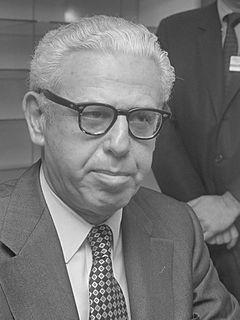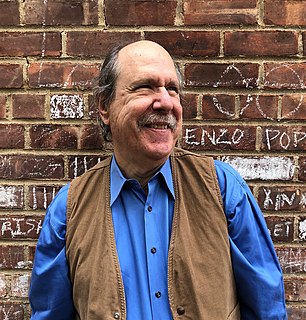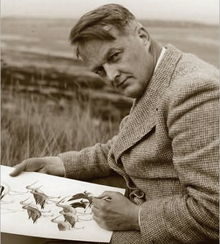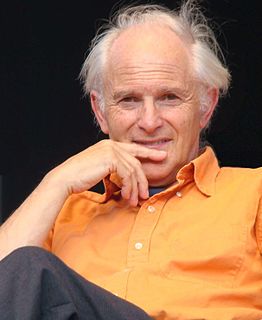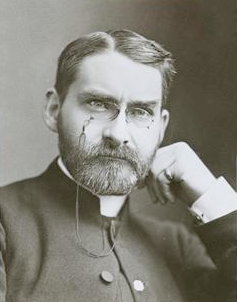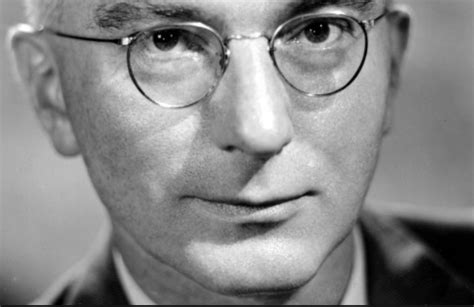A Quote by Polybius
From this I conclude that the best education for the situations of actual life consists of the experience we acquire from the study of serious history. For it is history alone which without causing us harm enables us to judge what is the best course in any situation or circumstance.
Related Quotes
If two or three hundred years from now an earthbound civilization is dying ... and they look back at the opportunity that we have here at the close of the twentieth century to move out into space and they see that we didn't do anything with it ... I don't want history to judge us on having blown this opportunity, and I think history will judge us on this more than on any other issue.
Situations in life often permit no delay; and when we cannot determine the course which is certainly best, we must follow the one which is probably the best. This frame of mind freed me also from the repentance and remorse commonly felt by those vacillating individuals who are always seeking as worthwhile things which they later judge to be bad.
Buddhists have a long-standing tradition of believing that at some level we always know what the best course of action is in any given situation. We just have to be quiet enough to let that course of action present itself to us. And we need the confidence to act when life shows us what we need to do.
The philosophy that I have worked under most of my life is that the serious study of natural history is an activity which has far-reaching effects in every aspect of a person's life. It ultimately makes people protective of the environment in a very committed way. It is my opinion that the study of natural history should be the primary avenue for creating environmentalists.
The asking and the answering which history provides may help us to understand, even to frame, the logic of experience to which we shall submit. History cannot give us a program for the future, but it can give us a fuller understanding of ourselves, and of our common humanity, so that we can better face the future.
After school, I went to Damascus to study law and history, which I didn't really like. I didn't like history, in particular. In Syria, the regime was trying to present to us a distorted version of the past. Assad was shown as the father of history. So I decided to shift to film, which was something I had always loved as a teenager.
The practice of patience guards us against losing our presence of mind. It enables us to remain undisturbed, even when the situation is really difficult. It gives us a certain amount of inner peace, which allows us some self-control, so that we can choose to respond to situations in an appropriate and compassionate manner, rather than being driven by our disturbing emotions.
Politics is the only serious. subject that men think themselves qualified to act upon without any previous education or instruction whatever. If it happened to be astronomy, or botany, or medicine, or law, he would never be allowed to work in any of these arts, or to take a decisive part in the history of any one of these sciences without having, at least, acquired: the A B C of it; but the awful fact of politics is that we do not take the trouble seriously to understand the political situation.
At this point in history when all things which concern man and the structure and elements of history itself are suddenly revealed to us in a new light, it behooves us in our scientific thinking to become masters of the situation, for it is not inconceivable that sooner than we suspect, as has often been the case before in history, this vision may disappear, the opportunity may be lost, and the world will once again present a static, uniform, and inflexible countenance.

